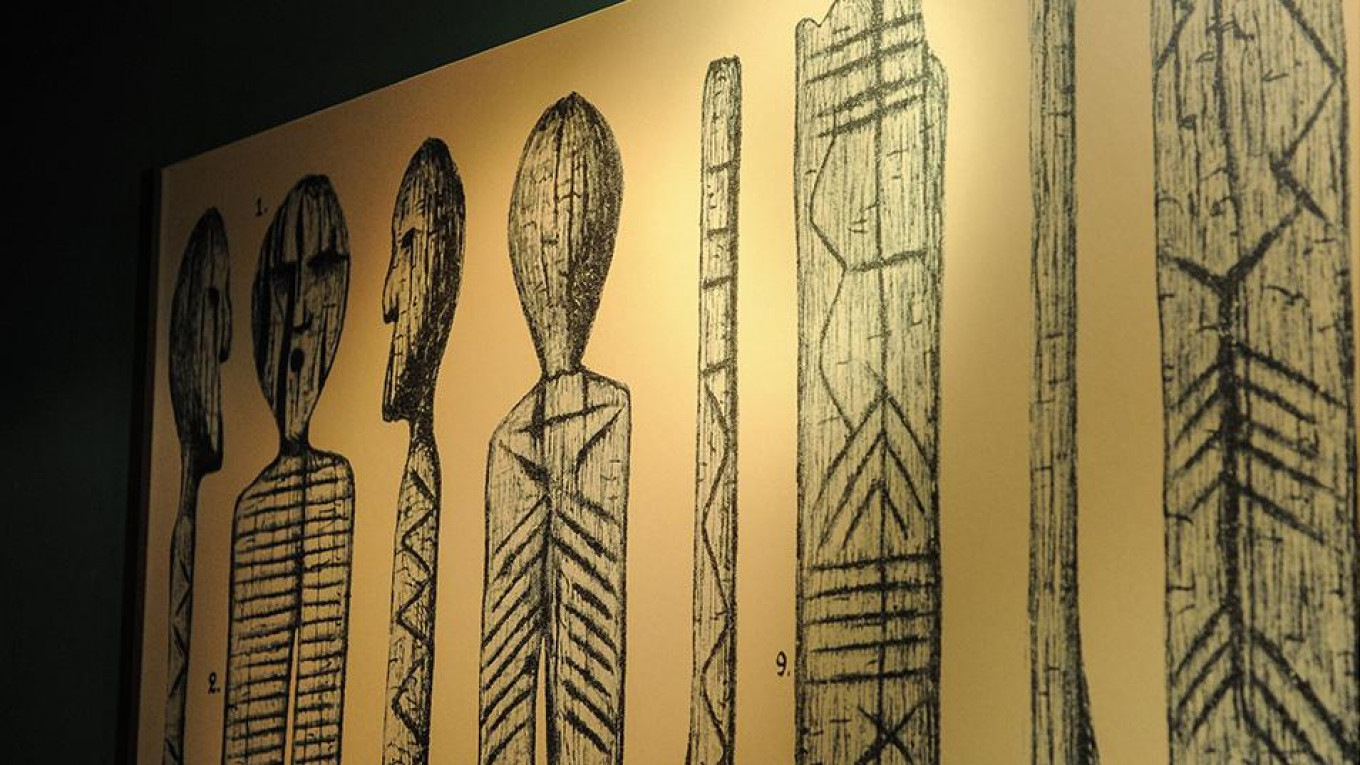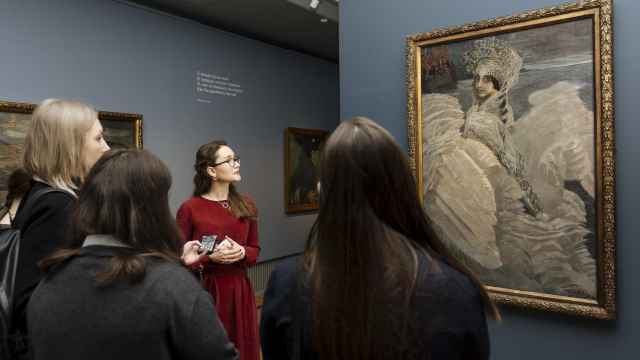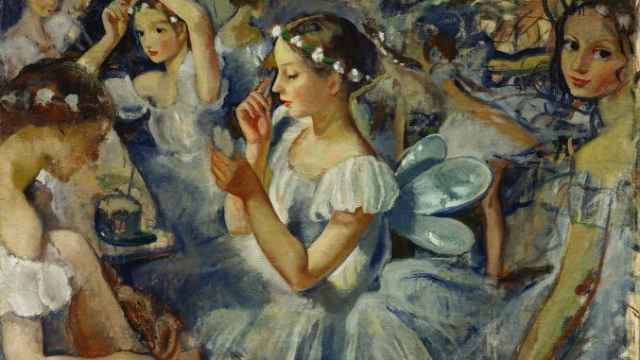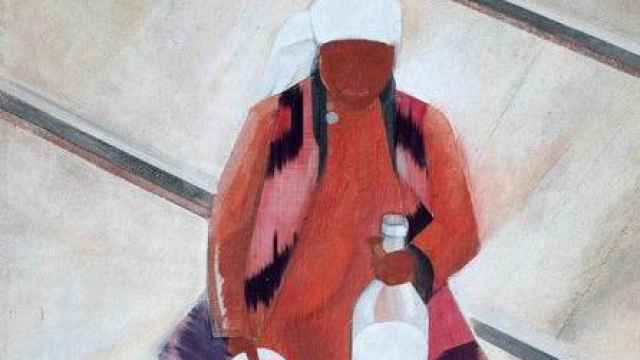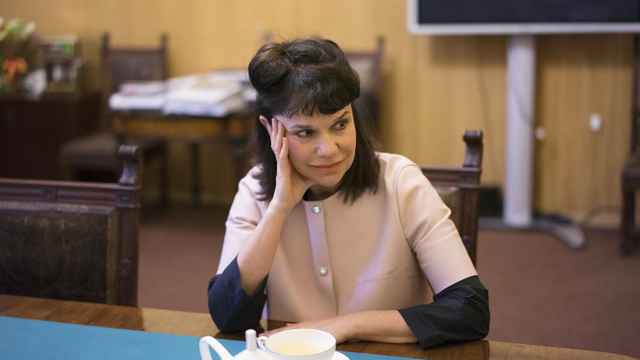Yekaterinburg Museum of Fine Arts
The Yekaterinburg Museum of Fine Arts is considered part of Historical Square, even though it is located on the opposite side of the Iset River. The building started out as a Yekaterinburg factory hospital in the 18th century, became a retirement home in the 19th century and then a museum in the 1980s. Two separate buildings were connected by a roof, creating a covered courtyard, which now also serves as an exhibition hall. The courtyard hall houses a replica of the elaborate Kasli Iron Pavilion, a collection of cast-iron sculptures that won an award at the Paris Expo in 1900. Apart from wrought iron, other local craft s are well-represented, including the famous painted trays from Tagil and icons from Nevyansk (see more about them below). There’s also a good collection of 19th century Russian paintings, as well as excellent ever-changing contemporary art exhibitions.
OPEN Tues. - Thurs., 11 a.m. to 8 p.m. Fri. - Sun.,11 a.m. to 7 p.m.
TICKETS 300 rubles
Ulitsa Voyevodina, 5 Emii.ru
Historical Square
The Historical Square (Istorichesky Skver) is where the city’s life began, back in 1723, as a metalworks factory. The factory is long gone, but several of its buildings have been turned into museums: in particular, the Museum of Architecture and Design and the Nature Museum. You can also check out the original water tower, built in the 1880s, which is now part of the local history museum. Presiding over the square is the statue of the city’s founders, Vasily Tatishchev and Wilhelm de Gennin.
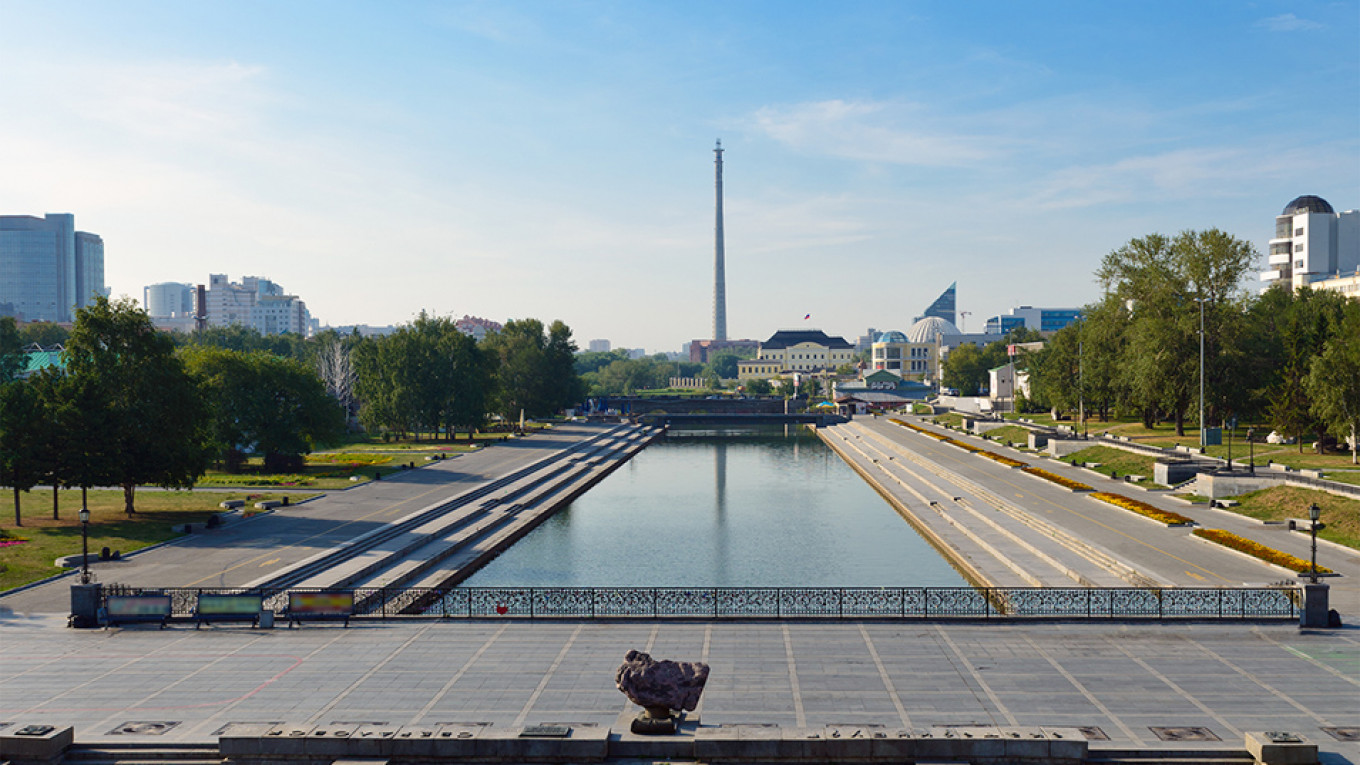
Nevyansk Icon Museum
Nevyansk is a small town in the Sverdlovsk region, known as the base of the Demidovs, a family of powerful industrialists. It’s famous for two things: the leaning bell tower of the local church (constructed in the style of the Leaning Tower of Pisa) and Nevyansk icons. Produced by Old Believers, an ancient branch of Russian Orthodoxy, Nevyansk icons are famous for their level of detail. One of the largest collections belongs to local politician and current mayor Yevgeny Roizman. If you consider yourself a connoisseur of Orthodox religious art, it’s a must-see. If you don’t, give it a miss as there’s hardly any signage or explanations in Russian — and none in English.
OPEN daily 11 a.m. to 7 p.m.
TICKETS 150 rubles
Ulitsa Engelsa, 15 ekaterinburg.guide
The Church on the Blood
The Church on the Blood (Khram na Krovi), also known as the Church of All Saints, is built on the site of the execution of the Romanov imperial family, including Tsar Nicholas II, his wife Alexandra and all of their children. The execution took place on the night of July 16, 1918 in the basement of Ipatiev House, so called because before the revolution it belonged to an engineer by the name of Ipatiev. Ipatiev House was ironically turned into a museum during Soviet times, but was demolished in 1977 by Boris Yeltsin, to avoid making it a site for monarchist pilgrimages. The church was built on the site in the early 2000s, and is a Byzantine-style five-domed church, which commemorates the sainthood of the Romanov family. There is also a museum dedicated to the family on the site, which is full of artifacts relating to Ipatiev House and the royal family. The bright blue Ascension Church (Voznesenskaya tserkov) is nearby and also worth a look. Built in the late 18th century, it is the oldest church in the city.
OPEN daily 10 a.m. to 7 p.m.
TICKETS Free admission
Ulitsa Tsarskaya, 10 hram-na-krovi.cerkov.ru
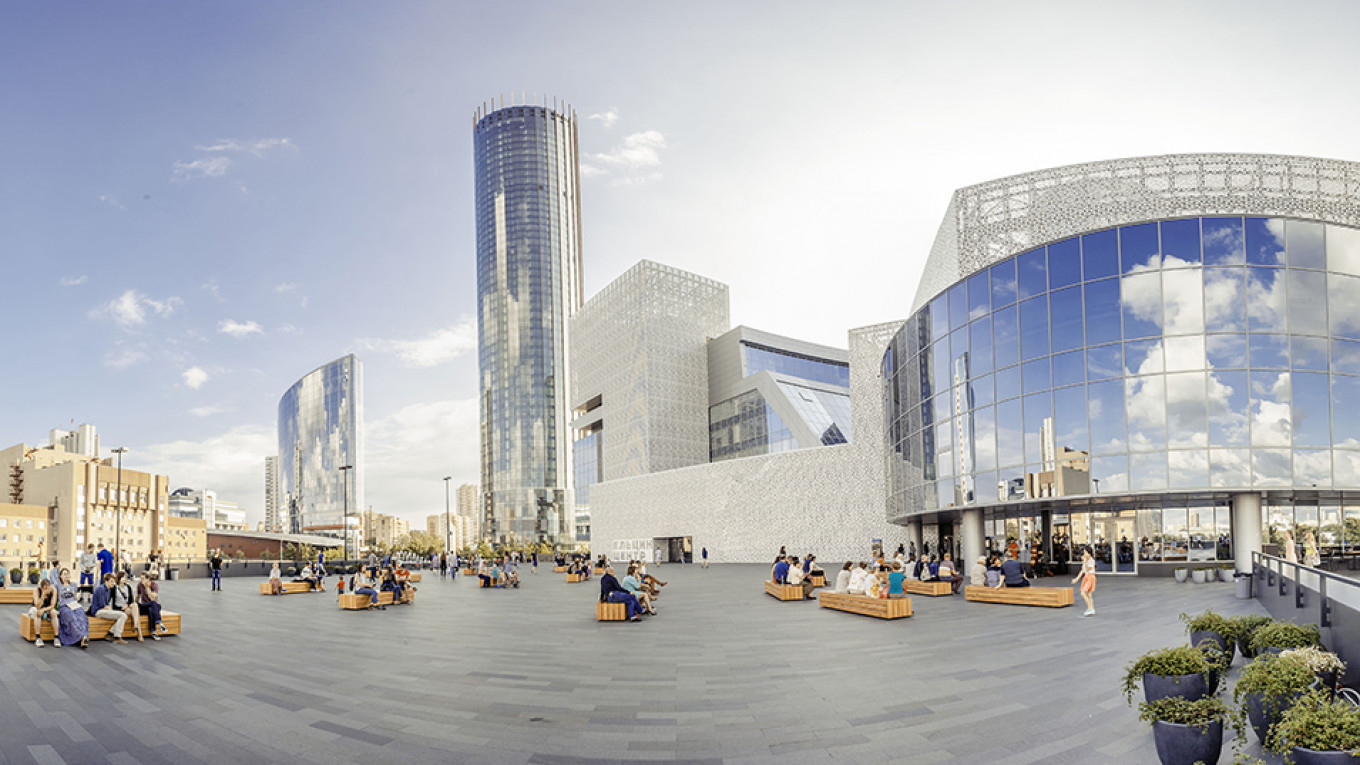
Yeltsin Center
Right smack in the middle of Yekaterinburg City — a cluster of skyscrapers on the shore of the City Pond — stands the Yeltsin Center. The center is much more than a history museum; it’s an enormous complex with a contemporary art gallery, an independent bookstore that doubles as an education center, a theater, a concert hall, and several shops and restaurants. Billed as the only museum in the country to celebrate the democracy and freedom of the 1990s, it focuses on the events of that decade, chronicling Boris Yeltsin’s rise to power during perestroika and his two terms as the first president of Russia.
OPEN daily 10 a.m. to 9 p.m., closed Monday
TICKETS 200 rubles
Ulitsa Borisa Yeltsina, 3 Yeltsin.ru
Regional History Museum
The main branch of the Regional History Museum is housed in what used to be the club of a large constructivist residential complex for the NKVD (Soviet secret police), called Gorodok Chekistov by locals. The centerpiece of the exhibition is the oldest wooden statue ever found — the 11,000-yearold Shigir Idol. Unearthed in the late 19th century, its age was recently confi rmed by radiocarbon dating. The rest of the museum is devoted to the traditions of the various ethnic groups populating the region, as well as the history of Yekaterinburg. Don’t miss the staircase, which is one of the most memorable constructivist elements in Yekaterinburg.
OPEN Wed., Fri., Sat., Sun. 11 a.m. to 6 p.m. Thurs. 12 p.m. to 8 p.m.
TICKETS 300 rubles
Ulitsa Malysheva, 46 uole-museum.ru
A Message from The Moscow Times:
Dear readers,
We are facing unprecedented challenges. Russia's Prosecutor General's Office has designated The Moscow Times as an "undesirable" organization, criminalizing our work and putting our staff at risk of prosecution. This follows our earlier unjust labeling as a "foreign agent."
These actions are direct attempts to silence independent journalism in Russia. The authorities claim our work "discredits the decisions of the Russian leadership." We see things differently: we strive to provide accurate, unbiased reporting on Russia.
We, the journalists of The Moscow Times, refuse to be silenced. But to continue our work, we need your help.
Your support, no matter how small, makes a world of difference. If you can, please support us monthly starting from just $2. It's quick to set up, and every contribution makes a significant impact.
By supporting The Moscow Times, you're defending open, independent journalism in the face of repression. Thank you for standing with us.
Remind me later.


